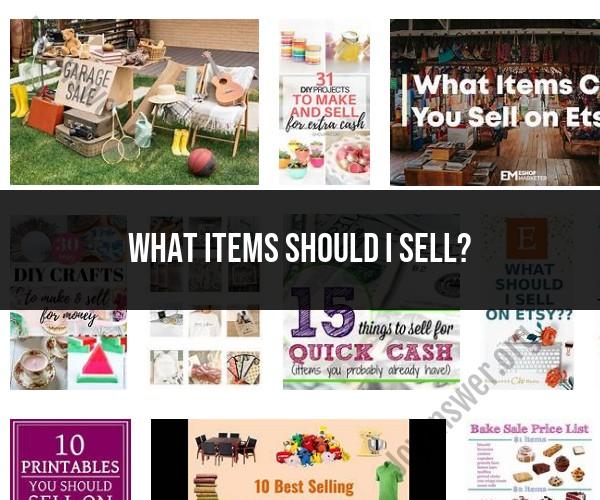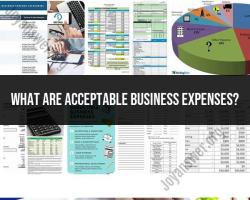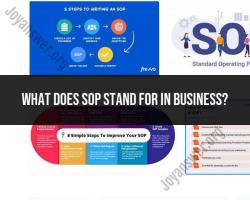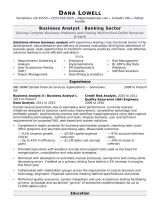What items should I Sell?
Deciding what items to sell is a critical decision when starting a business, whether it's an online store, a retail shop, or any other type of venture. The profitability of your business often depends on selecting the right products. Here are steps to help you determine what items to sell:
Market Research:
- Identify your target market. Who are your potential customers, and what are their needs and preferences?
- Analyze current market trends. What products or categories are in high demand?
- Research your competition. What products are they selling successfully? Are there gaps or opportunities in the market that you can exploit?
Niche Selection:
- Consider focusing on a niche market or specific product category. Niche businesses can often build a dedicated customer base.
- Assess your expertise and interests. Selling products related to your interests or expertise can be fulfilling and help you stand out.
Profitability Analysis:
- Calculate the potential profitability of different products. Consider factors like production costs, pricing, and expected sales volume.
- Determine the profit margin for each product. Higher-margin products can generate more profit per sale.
Sourcing and Supply Chain:
- Evaluate your sourcing options. Can you manufacture the products yourself, source them from wholesalers, or use dropshipping?
- Consider the reliability and cost of your supply chain. Reliable suppliers and reasonable shipping costs are essential.
Product Differentiation:
- Determine how your products will stand out in the market. What unique features, quality, or branding will set your products apart from competitors?
- Explore opportunities for product customization or personalization to cater to individual preferences.
Market Validation:
- Test your product ideas with a small audience or through a minimum viable product (MVP) approach to assess demand before committing to a large inventory.
Sustainability and Trends:
- Consider the long-term sustainability of your product choices. Are they likely to remain popular, or are they part of a short-lived trend?
- Stay informed about emerging trends and adapt your product offerings accordingly.
Legal and Regulatory Compliance:
- Ensure that the products you plan to sell comply with all relevant laws and regulations, including safety and labeling requirements.
Seasonality:
- Be aware of seasonal trends. Some products may sell better at specific times of the year.
Customer Feedback:
- Collect feedback from potential customers. Ask for their opinions on your product ideas and what improvements they'd like to see.
Scalability:
- Consider whether your chosen products can be scaled up as your business grows. Can you meet increasing demand without compromising quality?
Passion and Commitment:
- Selling products that you are passionate about and committed to can help you stay motivated and overcome challenges.
Remember that there is no one-size-fits-all answer to what items you should sell. The right product mix depends on your specific business goals, target market, resources, and competitive landscape. Conduct thorough research, seek advice from experienced entrepreneurs, and test your product ideas to make informed decisions about what to sell.













